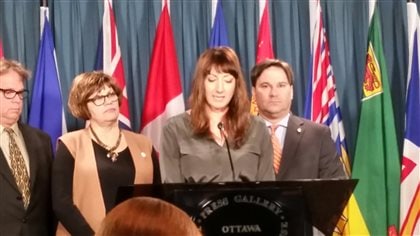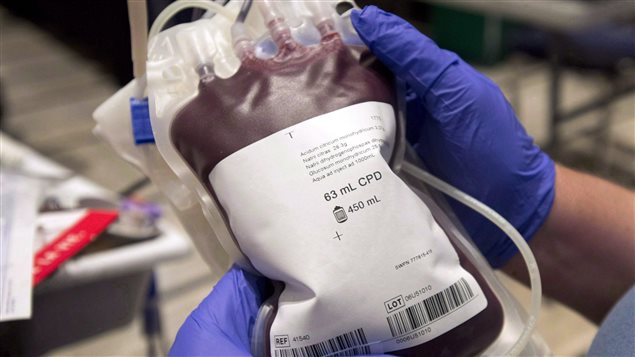The Canadian government should shut down a private clinic that pays for blood donations, say survivors of Canada’s tainted blood scandal. In what a public inquiry called “a nationwide public health calamity,” thousands of people were infected with HIV and hepatitis C from tainted blood transfusions in the 1980s and many of them died. Those who survived don’t want to see the same thing happen again.
Donors were addicts, prostitutes
“Both of these viruses found their way into the blood system…basically through the use of the paid donor model in other countries,” says Andy Cumming, who himself was infected.
“The blood products that were manufactured to treat, for instance, hemophilia–which is the disease I suffer from–the blood that went into the manufacture of those products was acquired from blood donors in the United States largely. And they were exactly the sort of people you would not want to be collecting blood from. They were prison populations, drug addicts, prostitutes, etc.”
Listen
Inquiry recommended against paid donations
After four years of inquiry over the tainted blood scandal of the 1980s and 90s, Justice Horace Krever made several recommendations including one that blood donors should not be paid except in exceptional circumstances. Yet the province of Saskatchewan has just allowed a paid donor clinic to open.
The province of Quebec does not allow paid blood donations, and after activists lobbied hard in 2013, the province of Ontario passed a law banning paid donations as well. Cumming says the federal government should not hide behind provincial jurisdiction but should ban paid donations throughout Canada.
Survivor is outraged
“What’s really outrageous is that (the federal department) Health Canada and our new federal health minister are standing by, in fact, they seem to be aiding and abetting this,” says Cumming. “They’ve shirked their responsibility—that Canada has jurisdiction over the global safety of the blood system and they’ve said ‘if Saskatchewan wants to pay for blood, they should be able to do it.’
“But the problem is that blood ends up in the same pool that’s being used for everybody else in the country and…it’s a terrible practice. It’s really outrageous.”
A group called BloodWatch held a news conference in Ottawa on March 7, 2016 and is running an online petition against paid donations. Several organizations have signed it including the Ontario government, the Council of Canadians, doctors, several nurses’ federations, unions, and hemophilia advocacy groups, to name just a few.







For reasons beyond our control, and for an undetermined period of time, our comment section is now closed. However, our social networks remain open to your contributions.